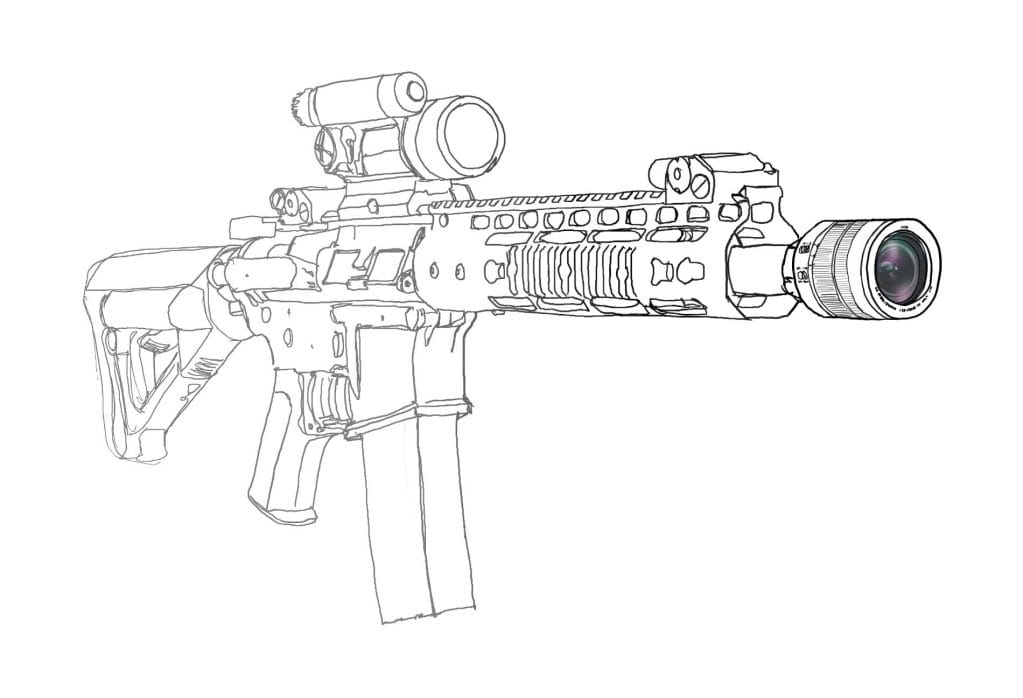Coming to terms with the Parkland school shooting

Illustration by Iain Duffus

Parkland was named the safest city in Florida in 2017. But last week, it became home to the third deadliest school shooting in U.S. history.
Something as heinous as innocent children slaughtered in their own schools should not happen — much less several times each year — before America is outraged enough to make some changes. But Columbine was not the end. Virginia Tech was not the end. Sandy Hook was not the end and Stoneman Douglas High School will not be the end, unless Americans can muster a more permanent solution than thoughts and prayers.
After decades of cycling through gun-related tragedies, it’s infuriating to think about how little America has done to prevent them. Change can begin to seem impossible, taking action can feel futile and it can be tempting to inadvertently slip into an indifferent mentality. We know these events are taking place, but until they directly involve us, they’re only as tangible as the CNN notifications on our phones.
Blocking out these catastrophes, instead of acknowledging them, may make you feel comfortable for a while, but refusing to accept the horrific realities of events like the Parkland school shooting can lead to a phenomenon called desensitization, which can then lead to unadulterated apathy.
Desensitization occurs when people are repeatedly exposed to negative scenarios, causing their emotional responses to lessen or even diminish completely as time goes on. According to Charles Figley, director of the Traumatology Institute, spectators of traumatic events like last week’s mass shooting can react one of two ways: either by directly responding and taking action, or by pushing it to the backs of their minds.
As gun violence continues to plague the U.S., Americans often find themselves feeling powerless and pushing it to the back of their minds.
“The more frequently this happens, the more it reminds people that there’s nothing they can do, so they put it out of their minds,” Figley said in an interview with The Cut.
But disassociating yourself from a tragedy is only beneficial to a certain point, and if taken to its extreme, can contribute to further indifference.
So what can you do to ensure that you don’t become desensitized to events like the Parkland school shooting?
For starters, aim for the middle ground between disregarding the facts and letting the occurrence of a tragedy affect your mental health. Educate yourself on disasters like mass shootings without immersing yourself into every grisly account. Know your limits, but also know that events such as this one should upset you.
If you do find yourself becoming numb to gun violence, take a moment to acknowledge that ignoring the severity of the problem may be a useful defense mechanism for you — but it won’t help the families of the students who lost their lives last week or the children who are may become victims in the next school shooting.
It’s natural to feel hopeless in a country that refuses to change, but desensitization is precisely what keeps America’s action toward gun violence stagnant.
Rachel Terrell, Contributing Writer


